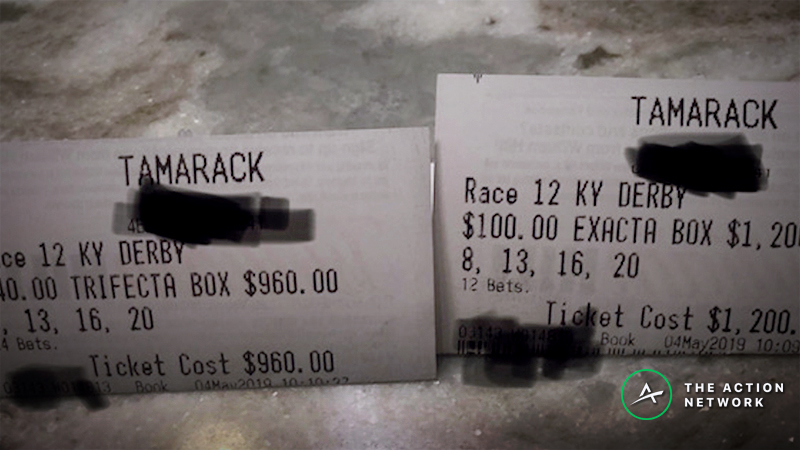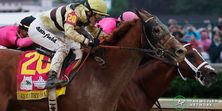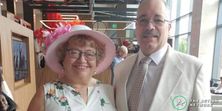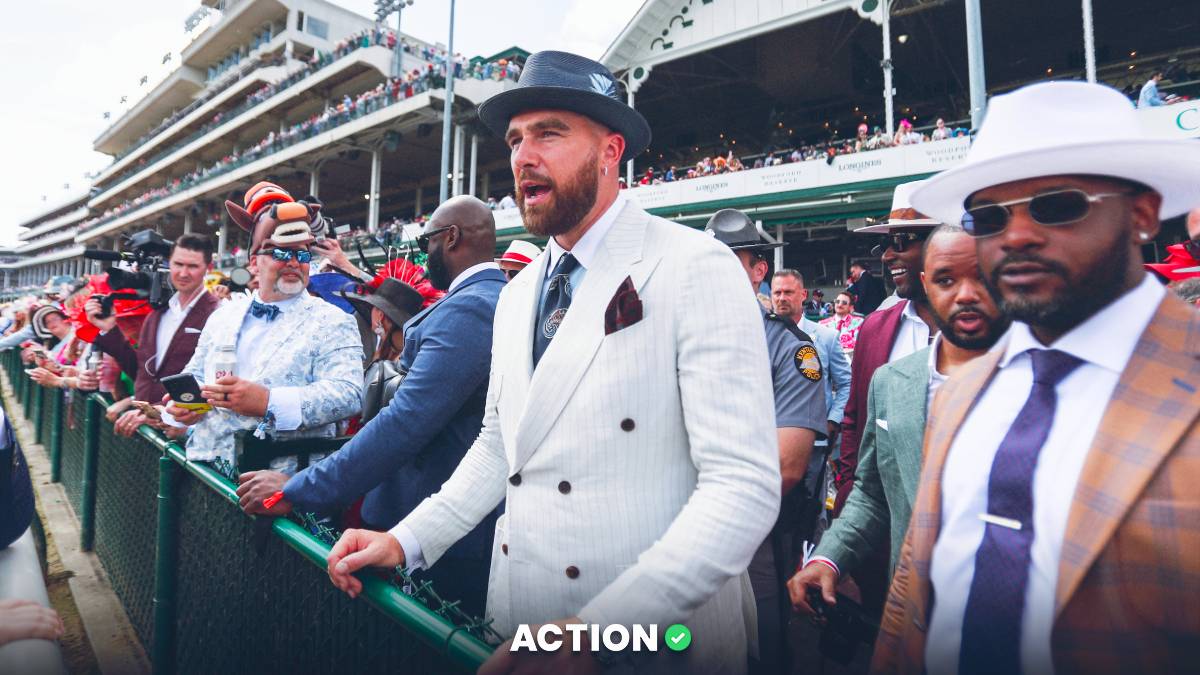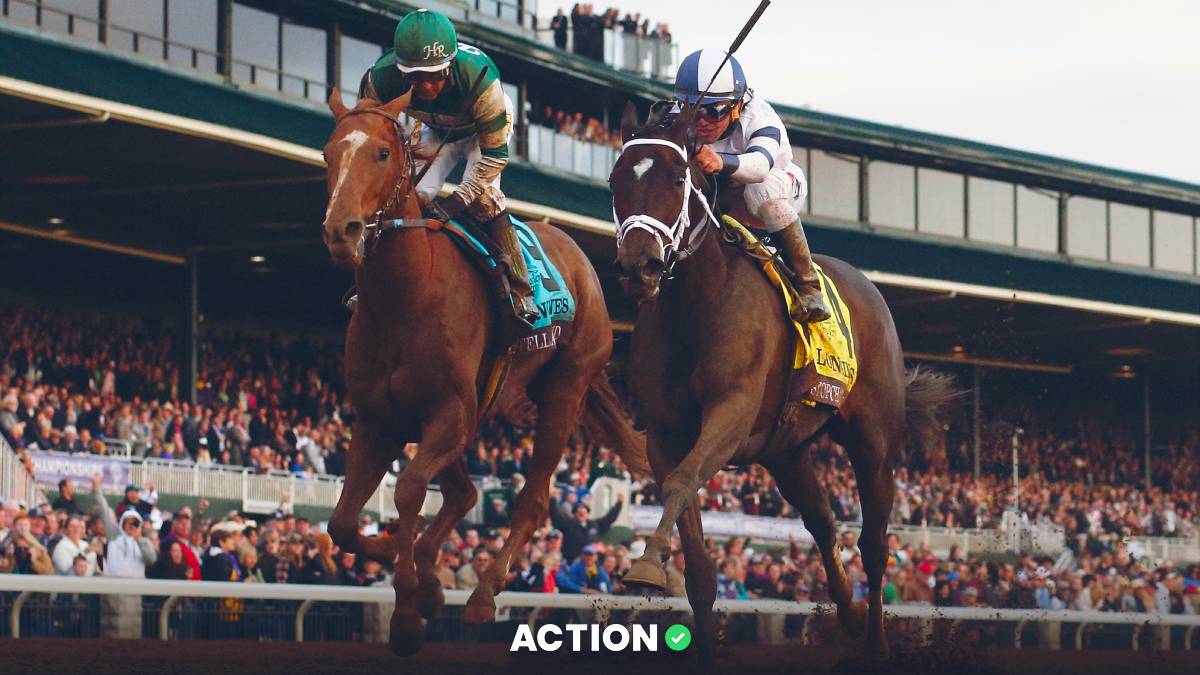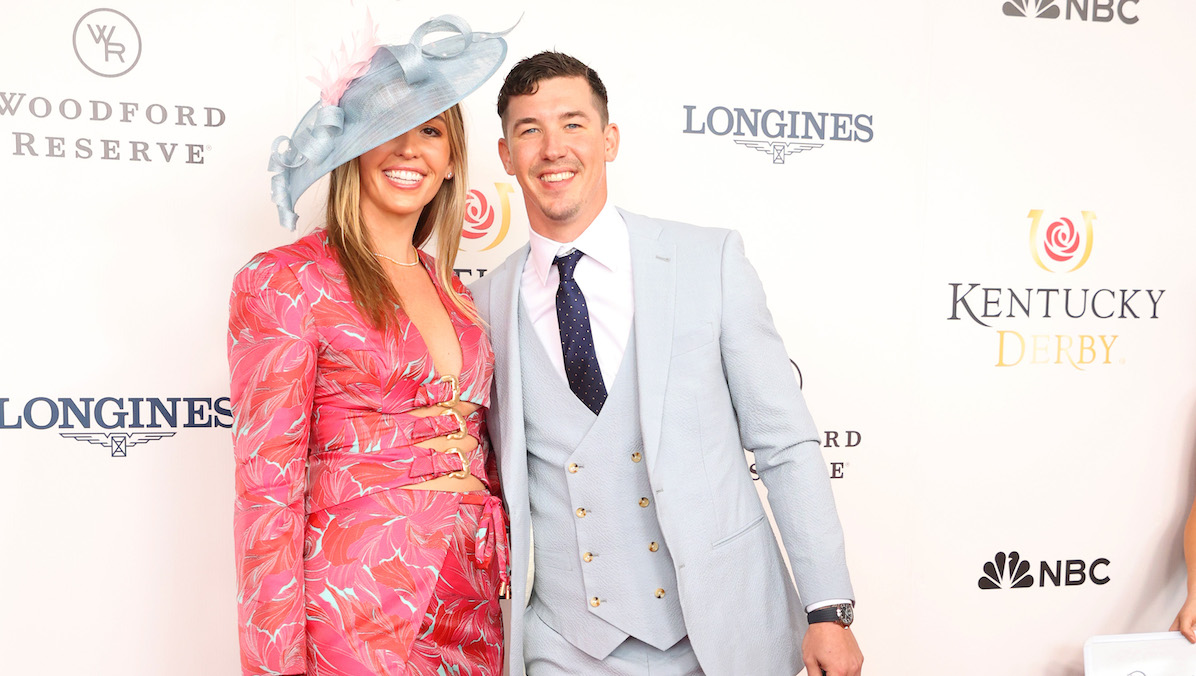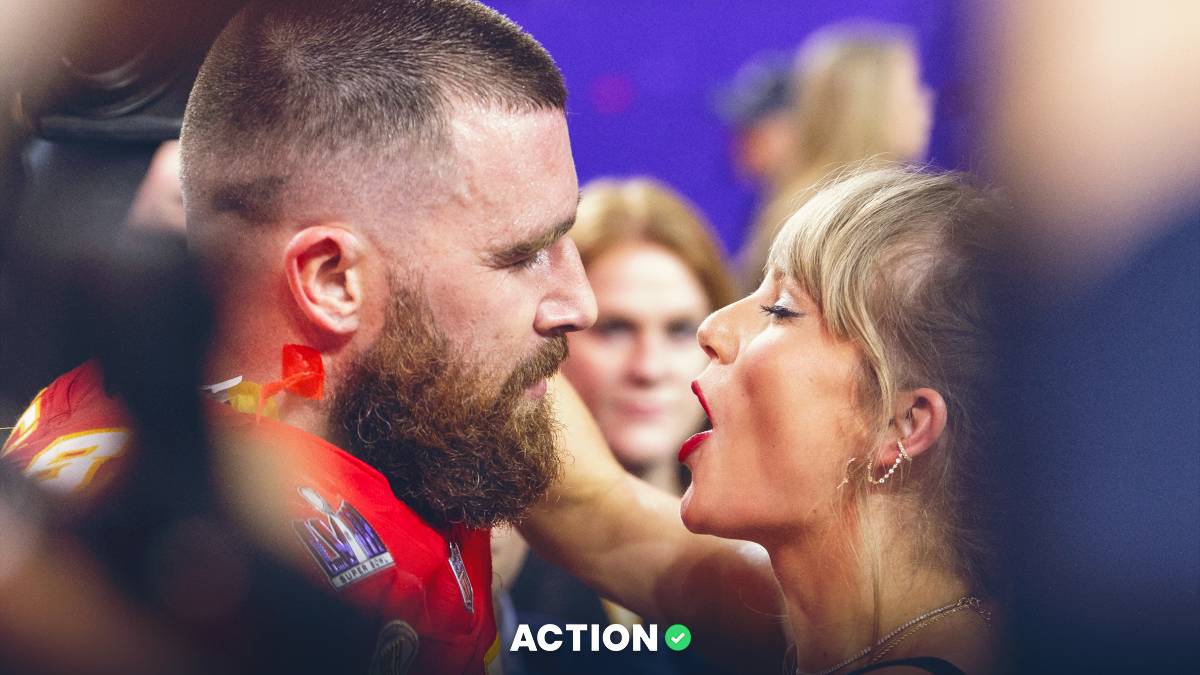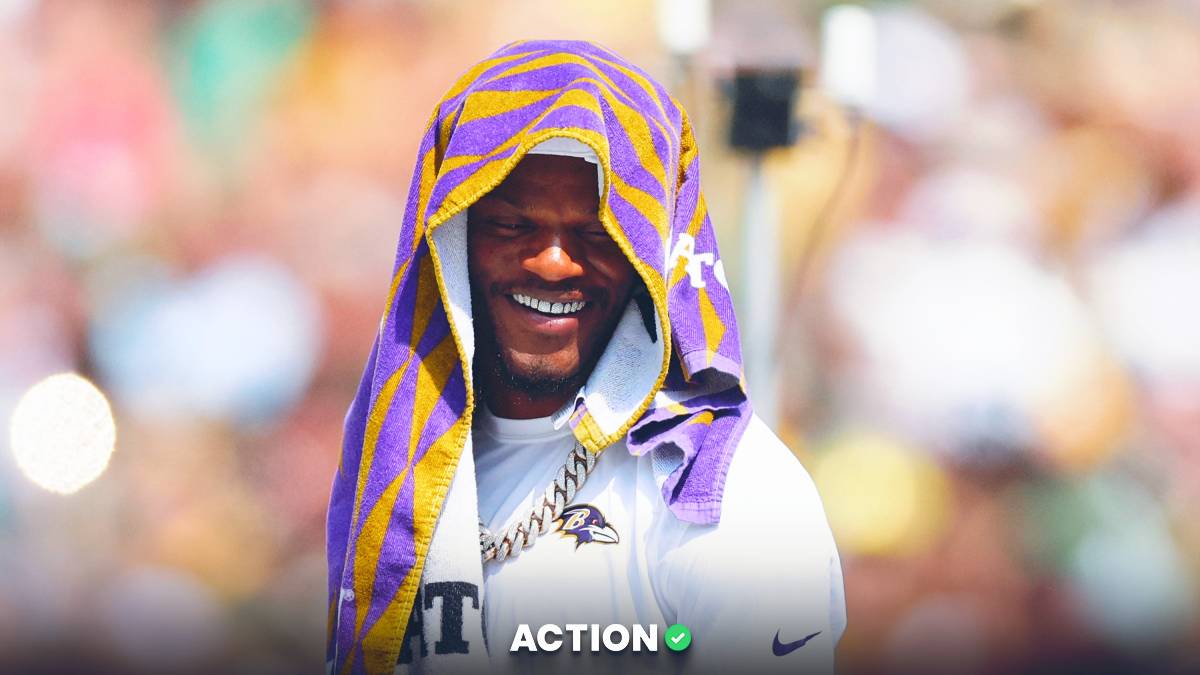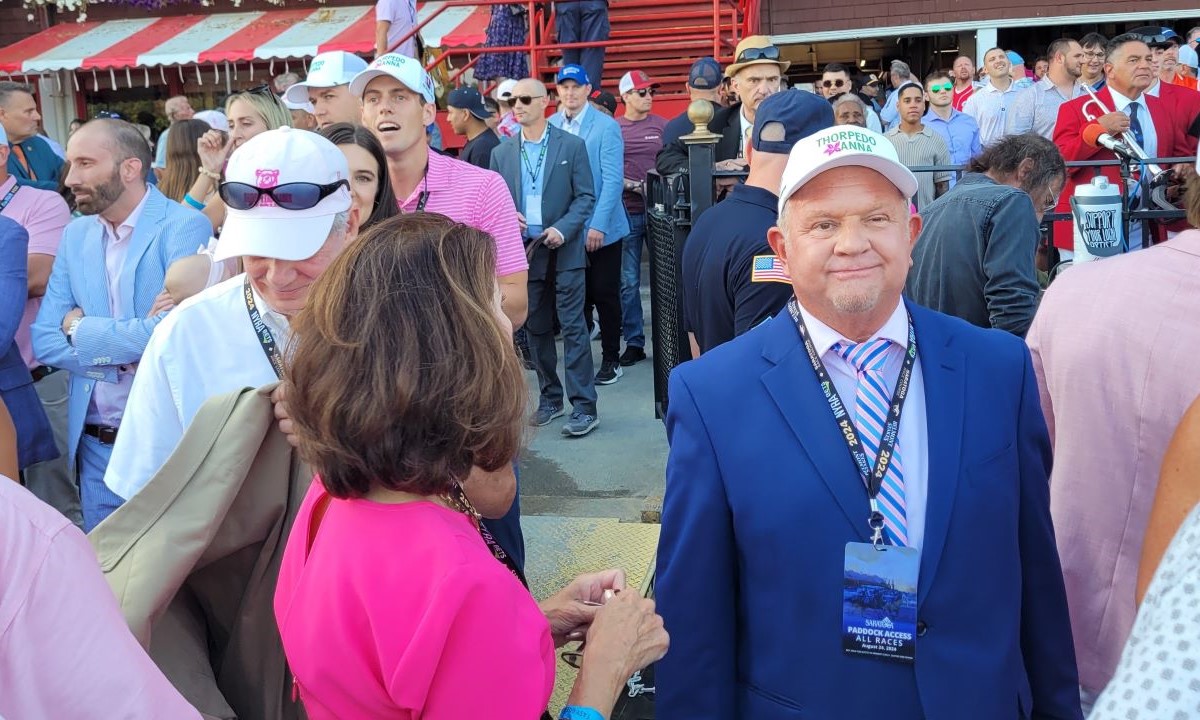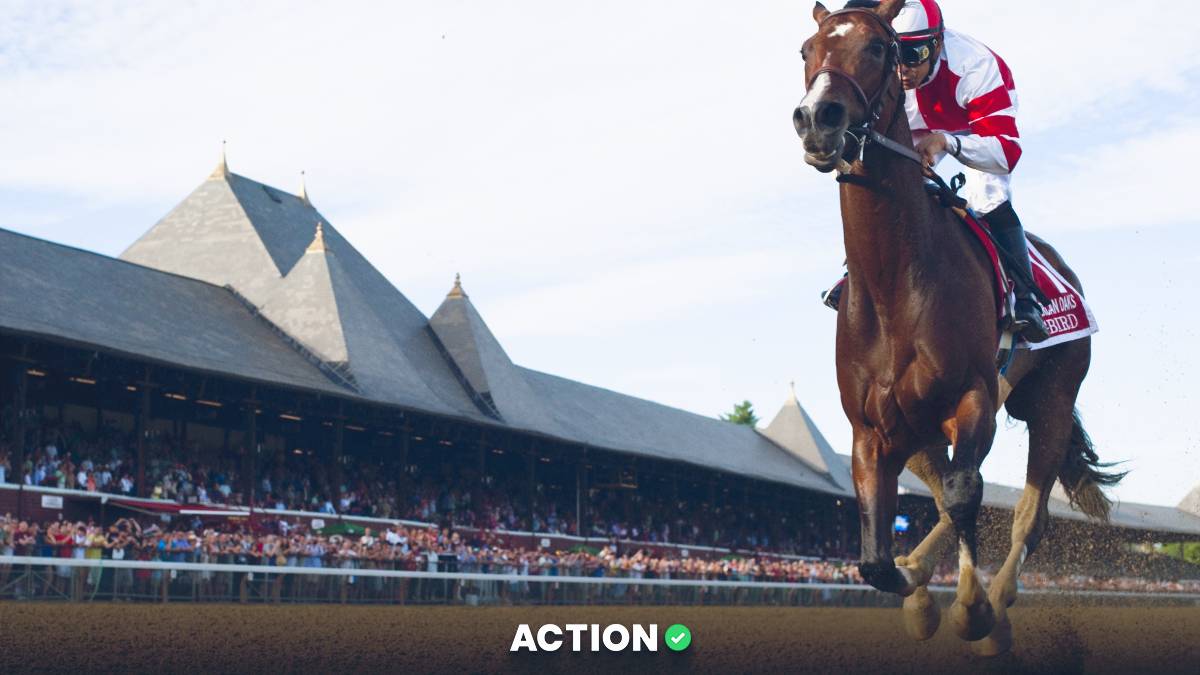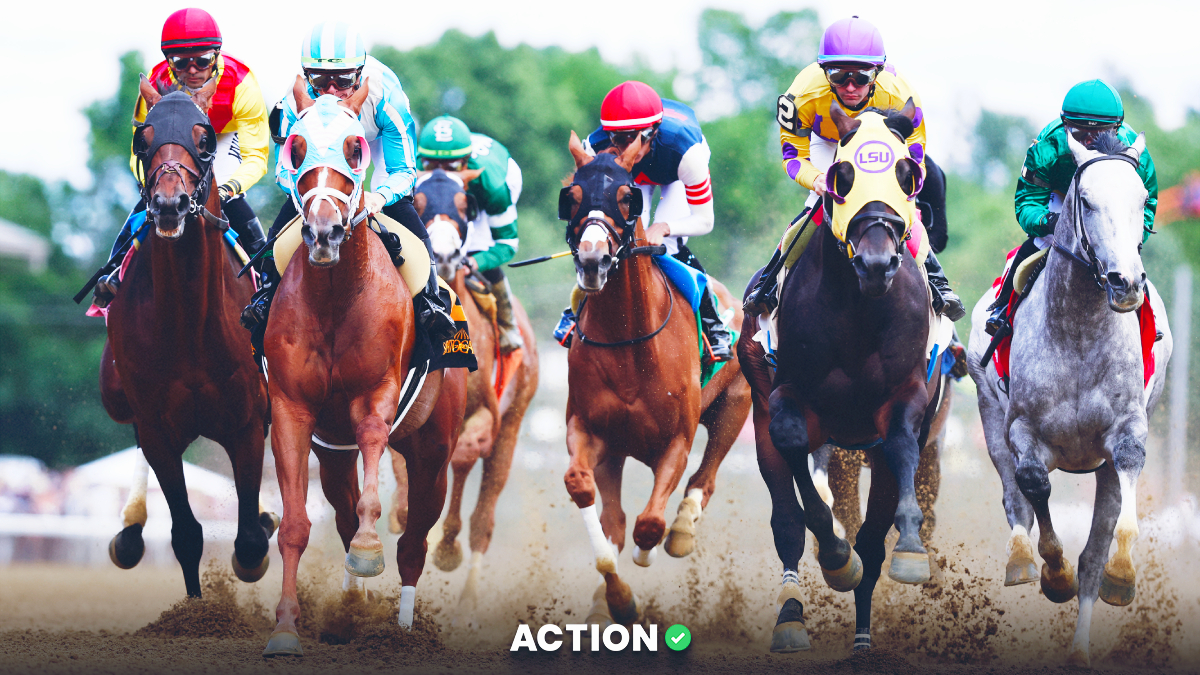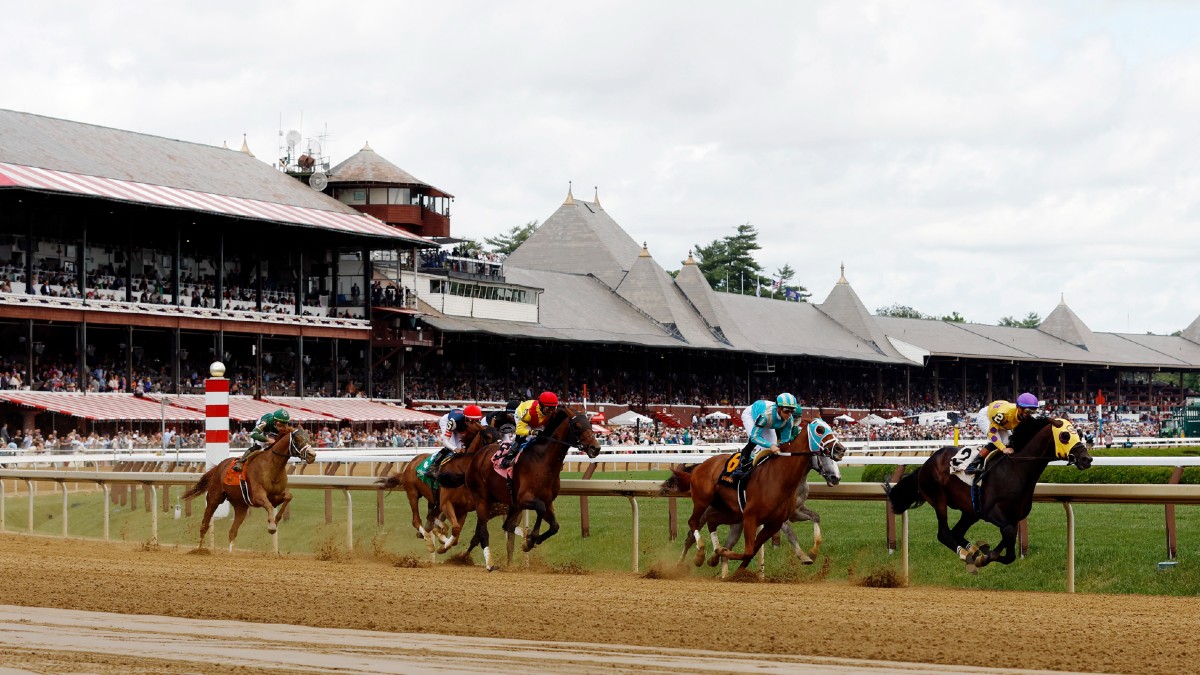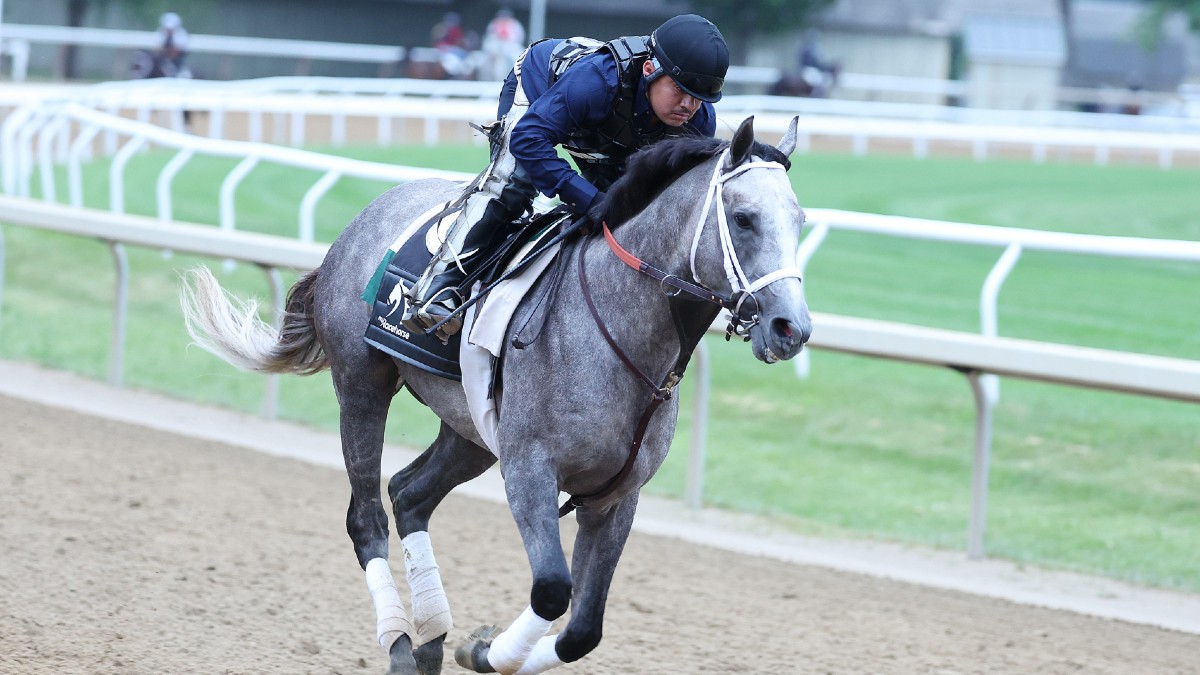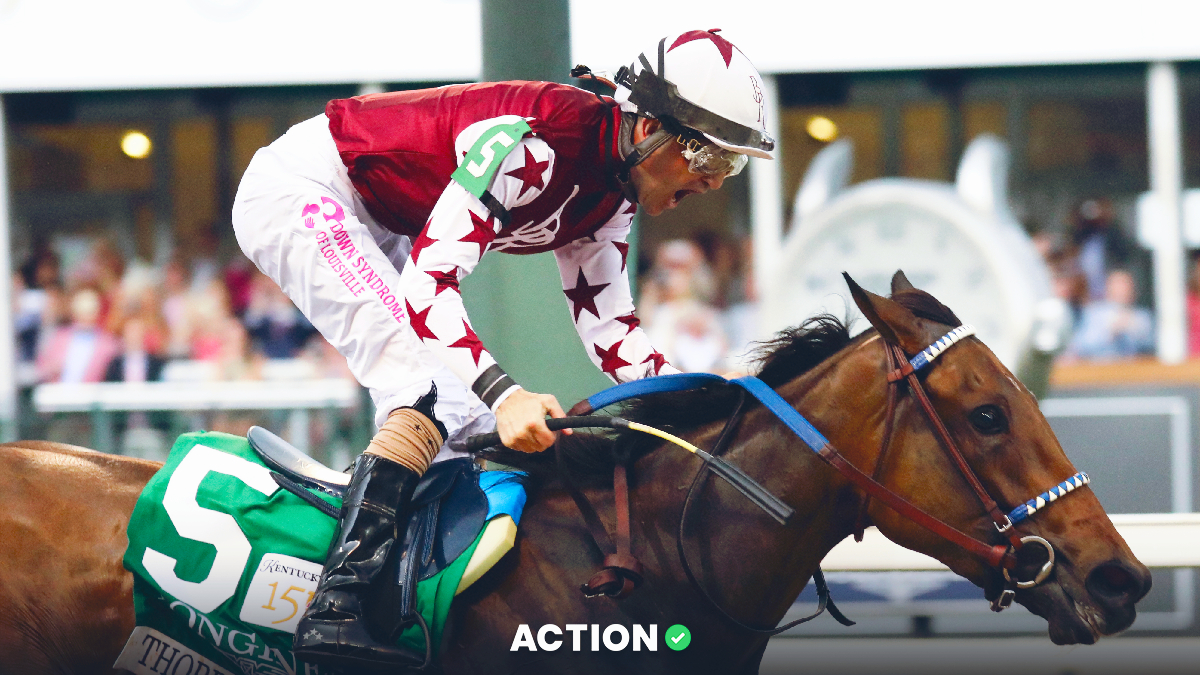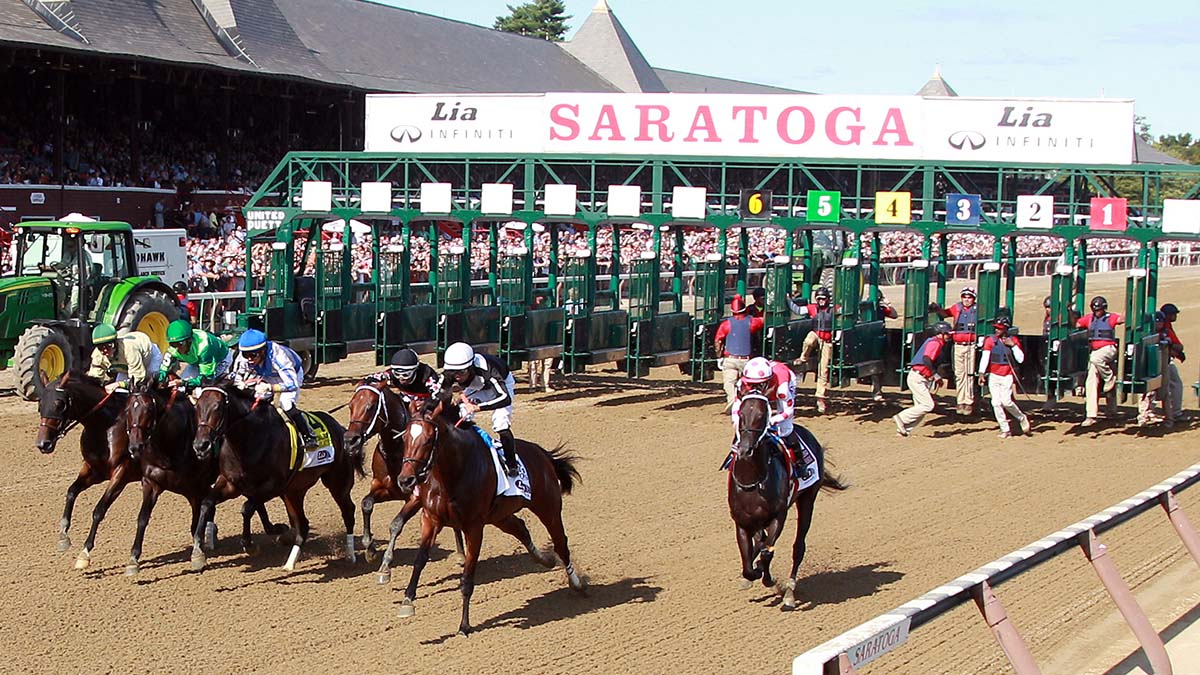Dr. Steve Friedlander walked into the Tamarack Junction sportsbook in Reno, Nev., and spent $2,760 on bets for the Kentucky Derby.
He put $600 on the No. 8 horse Tacitus to either win, place or show and he did a $100 exacta box and a $40 trifecta box using the 8, 13, 16 and 20 horses. If any of those four finished first and second, he would win the exacta. If any of those four finished first second and third, he would cash in the trifecta.
When Maximum Security, the No. 7, crossed the finish line first, it appeared as though Friedlander had lost all his bets. But then Maximum Security was soon turned into a loser when the horse was disqualified and taken down.
“I actually didn’t know that’s what happened,” Friedlander told The Action Network. “I bet on horses a couple times a year, so I thought maybe he fell to second place.”
In reality, every horse was moved up one slot.
The new order was: Country House (20), Code of Honor (13) and Tacitus (8).
Friedlander couldn’t believe it. He hit every bet.
Country House went off at 65-1, the biggest longshot to win the Derby since Donerail in 1913.
The board flashed.
He started to do the math…
The $2 exacta paid $3,009.60
Friedlander had $100 exacta.
- $2 x $50 = $100
- $3,009.60 x 50 = $150,480
Then came the trifecta.
The $1 trifecta paid $11,475.30
Friedlander had a $40 trifecta.
- $1 x $40 = $40
- $11,475.30 x 40 = $459,024.
His $600 bet that yielded a Tacitus show win grossed $560 (lost $40 on the entire bet).
Steve Friedlander had bet a total of $2,760 and returned $609,464.
A return of more than 25,000%! Or so he thought.
When the race was over, and Friedlander was done with his calculations, he wanted to get the money. So he drove back to Tamarack — which he only went to because it was on the way to his son’s track race — to get the money.
That’s when things started to go awry.
“I went up to the ticket writer who wrote my original ticket and I said, ‘I just won a lot of money — $600,000,’” Friedlander said. “And the guy says, ‘We don’t have that kind of cash here.’”
Friedlander took that to mean that the book didn’t have $600K on hand. But then another writer came over.
“There’s a cap on these,” he said.
The writer went to the front and showed Friedlander a placard. In fine print, it said that the maximum payout on an exacta would be 150-1, a trifecta would be 500-1.
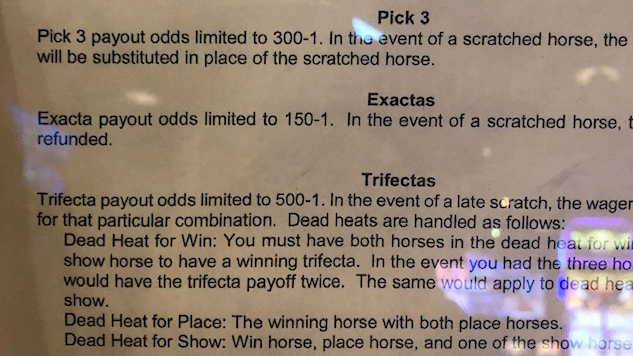
On the desk, Friedlander only then saw the sign. The sportsbook, run by William Hill, didn’t have a pari-mutuel license and therefore wasn’t protected by a guaranteed percentage payout from the pool.
For its part, William Hill executives say this isn’t uncommon or unfair. Of its 115 locations in Nevada, William Hill only has 17 books with pari-mutuel licenses. In those cases, the caps are “prominently displayed,” said spokesman Michael Grodsky.
“The capping of booked race payouts has been industry standard for decades and allows race books to book without taking on unlimited liability, which no one would want to do,” Grodsky said in a statement. “The customer has the right to appeal to the Nevada Gaming Control Board, but we are confident that we have fully complied with the relevant gaming regulations and had prominent signage alerting customers to the payoff caps.”
Using the caps, William Hill is going to pay Friedlander $35,000.
Friedlander has filed a formal complaint with the control board, who met him last week at the Tamarack Junction sportsbook to observe the setup.
The placard that says the sportsbook doesn’t have a pari-mutuel license is displayed on the right side of the table when one walks in, with the caps written on the back.
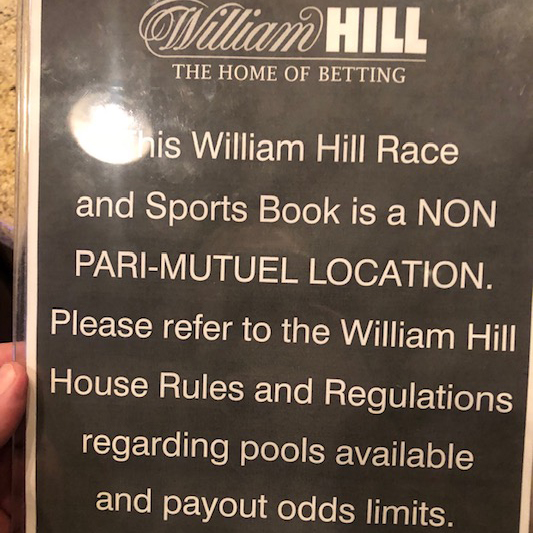
Friedlander contends that the signage wasn’t conspicuous, because he never saw it, and the ticket writer or someone inside the casino had the additional obligation of telling him upon making the bet of the limits.
The board has a month and a half to make a ruling.
While he waits, Friedlander thinks about the fact that making a bet convenient to where his son’s track meet was cost him more than a half a million dollars. Had it been in the north part of Reno, Friedlander said he would have made his bets at the Grand Sierra Resort, where William Hill would have paid him in full.
“The whole thing seems unjust to me,” Friedlander said. “It’s like I won the lottery and caught lightning in a bottle and now they say, ‘Well, actually no you didn’t.’”


